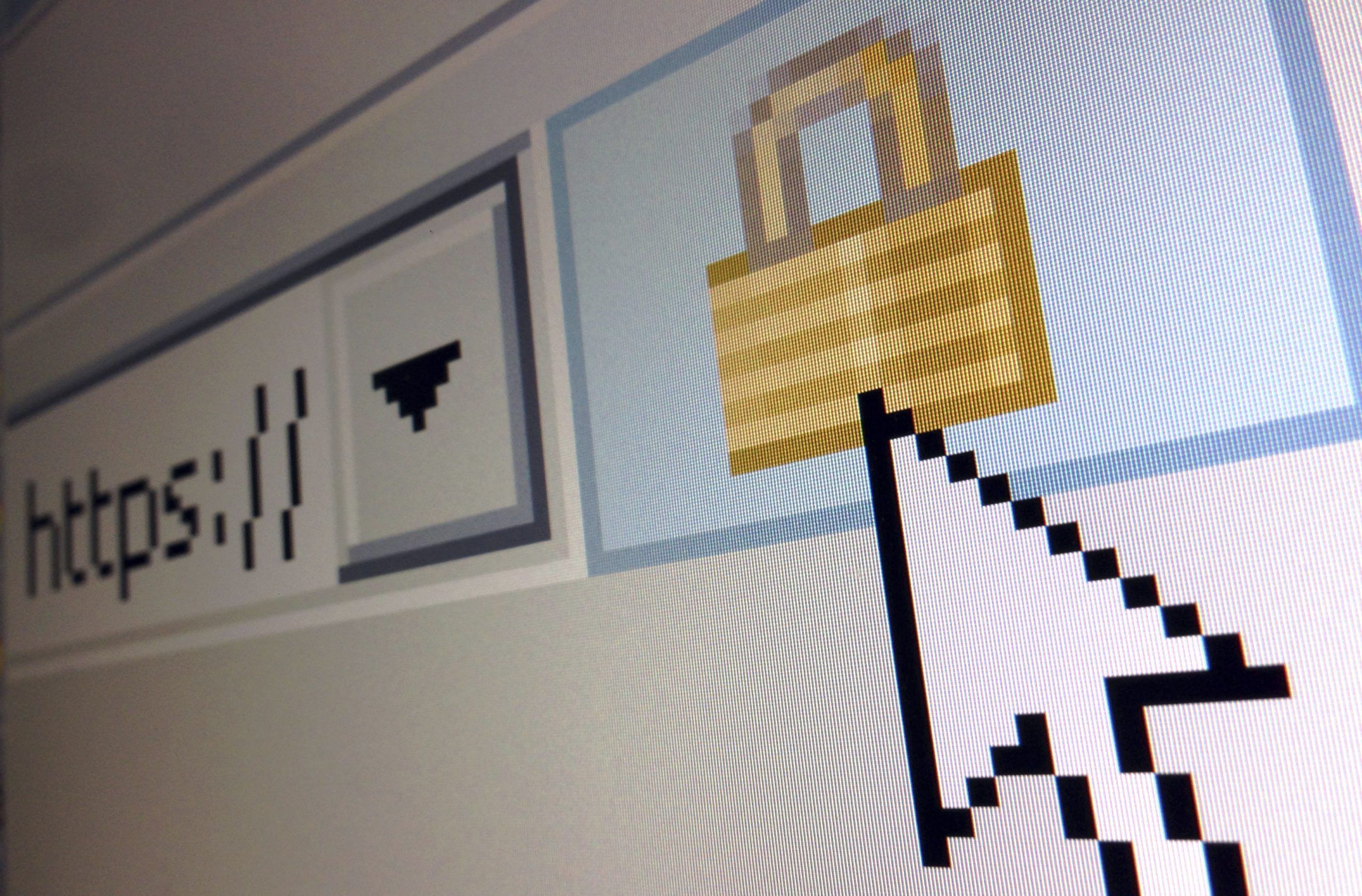A letter urging the US government to help open up internet access in Iran has been signed by 21 US lawmakers, following plans by Iran’s government to further restrict the flow of information in the country.
Addressed to US Secretary of State Anthony Blinken and US Treasury Secretary Janet Yellen, the Oct. 8 letter said ongoing state-led internet disruptions during protests in Iran had been ordered “to hide evidence of violence by state security forces.”
“Denying the Iranian government’s ability to impose an electronic curtain is critical to protecting the public’s right to information, free and fair political participation, human rights, civil liberties, and the rule of law,” the signatories added.
A series of recommendations were made in the letter, such as encouraging international technology companies to make their services available in Iran. Another called on the US government to clarify US legal provisions and policies which could be preventing businesses from operating in the Islamic Republic.
Internet Blackouts Endanger Lives of Iranians, Says NetBlocks Founder
SPECIAL REPORT- Iran’s Leader Ordered Crackdown on Unrest: “Do Whatever It Takes to End It”
The letter comes after the launch of a resolution in the US House of Representatives sponsored by Congressman Theodore Deutch which addressed the issue of digital access in Iran. The resolution — passed Jan. 28, 2020 — called on the US administration to help Iranians gain “free and uninterrupted access” to the internet. It also asked the US government to ensure human rights abuses in Iran were discussed in all formal and informal bilateral and multilateral meetings about Iran.
The resolution set out 10 statements of intent which were divided into two segments. The first section addressed the human rights situation in Iran. It offered explicit support for Iranians engaging in legitimate and peaceful protests against the regime, and a condemnation of the regime’s human rights abuses. It commended human rights activists in Iran who had spoken out about rights violations in the country; and asked Iran’s government to abide by international human rights laws.
The second section set out points of action for the US government and requested that the administration convene urgent meetings with the United Nations Security Council (UNSC) and the United Nations Human Rights Council (UNHRC) to condemn ongoing human rights violations by the Iranian regime and create a monitoring system to track the violations. It also recommended assistance with the provision of free and continuous access to the internet, and advised that tech companies operating in Iran reject the government’s requests to shut down social media platforms and other platforms operating in Iran.
The resolution concluded with a message of support for anti-government protestors’ rights to demonstrate “without fear of persecution and violence,” in Iran or internationally.
Congressman Deutch was also a signatory to the bipartisan letter to Blinken and Yellen. The letter followed two other campaigns by the New York-based Center for Human Rights in Iran (CHRI) and the Washington-based Public Affairs Alliance of Iranian Americans (PAAIA) to help Iranian society share information online safely and freely.
Advice about how to implement these measures has been shared by technology experts, several of whom are already providing free internet access to Iranians in the country.
Mehdi Yahyanejad, the founder of California-based initiative Toosheh, provides a free cellphone application which enables Iranians to bypass the country’s censorship laws through the transfer of internet content over satellite television.
Speaking to Kayhan Life in August, Yahyanejad said Elon Musk’s US-based satellite internet service Starlink ought to be provided to Iran.
“Starlink and international tech companies need to make Iran and other countries where there is oppressive internet censorship a priority,” Yahyanejad said.
Yahyanejad suggested placing ground stations for the satellites outside of Iran to ensure the regime could not shut down the internet for censorship purposes. However, any long-distance stations would need to be more powerful than they are at present to reach inside Iran.
Iran’s government has been strongly criticized for its use of internet blackouts to stem political dissent in recent years. It is one of the world’s largest practitioners of censorship along with China.
A bill introduced in Iran’s parliament (Majlis) which aims to restrict internet access even further in Iran was criticized in the letter, which said it aimed “to grant Iranian intelligence and security agencies near-total control over the internet and social media apps inside the country.”
The proposed legislation was also strongly condemned by more than 150 lawyers and 47 digital companies in Iran, as well as a non-governmental organization know as the ICT guild organization of Iran, and by the Iranian e-commerce scientific association.
Elon Musk Should Offer His Starlink Internet Service to Iran, Expert Says








